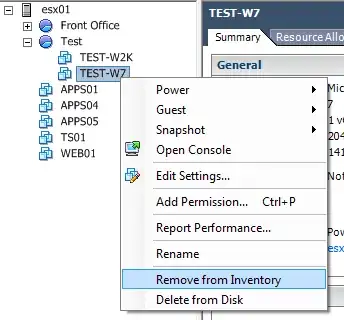I have a client who needs their users to run multiple local Windows virtual machines on their laptops. Some users have 3-5 VMs, while others have 10+. I'm aware of the following two routes for licensing guest (desktop) operating systems:
- Purchase a retail/FPP license for each VM.
- Purchase Software Assurance for the host, and leverage the virtualization rights.
The second option works well for up to 4 (well, technically 3) VMs, but beyond that, are there any options aside from simply purchasing retail licenses for the remaining VMs?
I've considering working around this by purchasing a second Windows license for each host and then purchasing software assurance for that license, thus giving an additional 4 VMs via virtualization rights. From the Microsoft perspective, this is no different than if each employee simply had another laptop. Is this a valid strategy?
For context, VDI-like solutions are off the table here, as the users in question are frequently in remote locations with limited internet connectivity. They're also regularly remoting to other systems within those VMs, and I don't want to introduce another hop of latency into that equation.
Also for context, these VMs are, by Microsoft definition, production systems. Any solution involving MSDN or "developer" licenses isn't going to work here.
